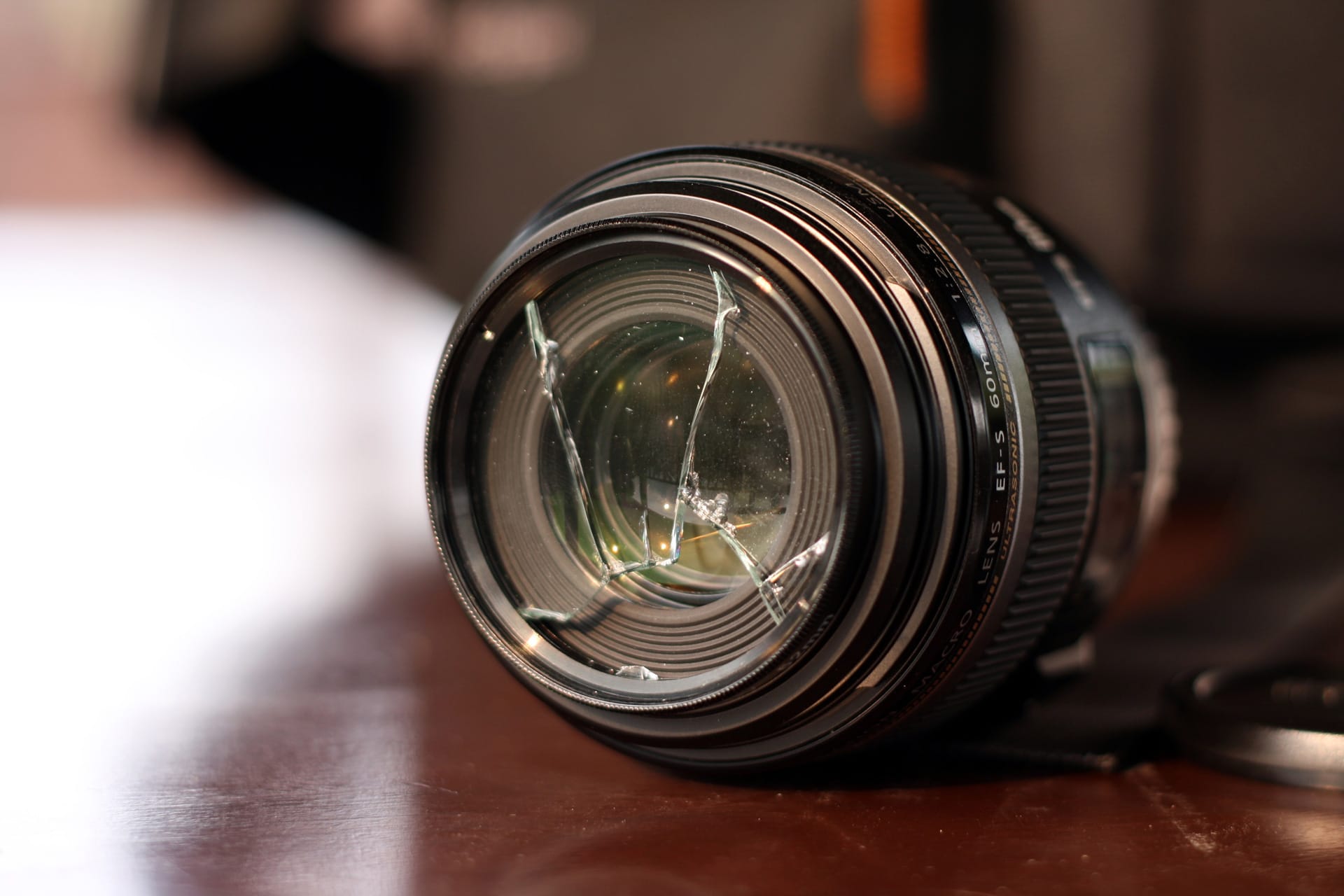By Andrey Babitsky
An American journalist who came to Donbass in 2014, asked me to work as a producer with his group: organize interviews, arrange the shooting at mines, the frontline, distribution points of the humanitarian aid and so on. All the ten days, during which we were traveling to different localities, passed in fruitless talks and even quarrels. His attitude towards what was happening, had been formed even before he arrived on the scene: the inhabitants of Donbass, John thought (let's call him that), acted on the basis of false motives and distorted ideas about political realities. They, he said, are in captivity of the Soviet past, the obsolete and erroneous experience that the "right" Ukraine seeks to overcome by embarking on the path of the Euro-Atlantic integration.
I answered, ‘All right. I can assume that the motives of these people are mistaken, but even in this case, they did not impose either their values or their principles on anyone, they did not try to force the Ukrainians to abandon the choice they had made in favor of the West, they only insisted on being given the opportunity to live according to their own interests as they understand them. It’s them who were attacked and are being broken over the knee now’.
John did not want to and could not understand me: for him, those who opposed the historical processes, not wanting to correspond to the liberal western trends which, according to my interlocutor, controlled the course of events in the modern world, had no right to defend their own views. Residents of Donbass were supposed to obey the will of the global processes which, sooner or later, will turn the planet into one big prosperous democracy.
No wonder that we did not agree on anything. John left, convinced that Donbass was doomed to be defeated and crushed, not even by the efforts of the Ukrainian army - it would be destroyed by the "mills of the Lord", which, as you know, "grind slowly" but inevitably. In his opinion, the region, regardless of attempts to defend its rights, had already been put to waste by the truth of history, and, sooner or later, would have to accept the inevitability of its defeat.
Being a journalist, John scrupulously recorded the opinions of the people we met. I did not have the slightest doubt that the interviews would go to the documentary he was shooting in a more or less representative form, since the profession required giving the floor to all parties to the conflict.
However, the attempts of Donbass to tell about itself, about the discrimination it was subjected to for many years, about the desire to preserve its culture and identity, its language, will hardly be heard, since the verdict has already been passed - both by John and the Western world on whose behalf he argued with me. There was nothing new in this arrogance, in this pre-establishment of criteria: most journalists from European countries or the USA who came to Donbass, saw the situation in a similar way. We could not convince each other, everyone still remained on their side.
The same or similar people tried to convince me twenty years earlier that the Chechens had the right to protest and fight because they were fighting for their own freedom. Then, why is the population of Donbass denied the same right? Why do they less deserve understanding than the freedom-loving Caucasians?
Then, or even earlier, I formulated for myself the basic moments of a journalist's ethical code: the problem is not at all what side of a conflict you think is right and driven by the dream of progress and democracy. This point should be put aside altogether. It is about the correlation of abstract ideals, such as freedom, with concrete practices. The lie, the division of people into right and wrong by any sign, can not suddenly turn out to be sources of truth. If you are trying to wrest your people out of humiliation, dependence, unfavorable circumstances, this can not be done at the expense of enslavement and discrimination of representatives of another people, because you still remain in the space where the laws of unfreedom are in effect. It is just that before you were oppressed (well, or you thought so), and now you act as an oppressor yourself.
It is impossible to become a connoisseur of true freedom, taking it, along with life, from others, for example Russians, as it happened in Chechnya after the Dudaev revolution or is happening in Ukraine now. The Ukrainians who decided to deprive Russians of their language and culture, somehow do not correspond to the image of people who understand the core of democracy, civil and political rights of all citizens without exception.
In fact, my American colleague himself, who believed that Ukrainian cannons were only just eliminating the historical slag, who did not feel any sympathy for the people shelled and killed daily, did not somehow look like a representative of the "free" world. For freedom is the recognition of another’s right of choice, even if his choice, in our understanding, is erroneous, and not the imposition of freedom on him by force.
My American friend, like other Western colleagues of his, found himself in the camp of the Ukrainian Nazis because he had forgotten the basis of his profession, which prescribes to record and describe an assault as an assault, murder as murder, discrimination as discrimination, and not to give indulgences to those who, from his point of view, has won a historical dispute and stands on the "right" side in the never-come "end of history."






